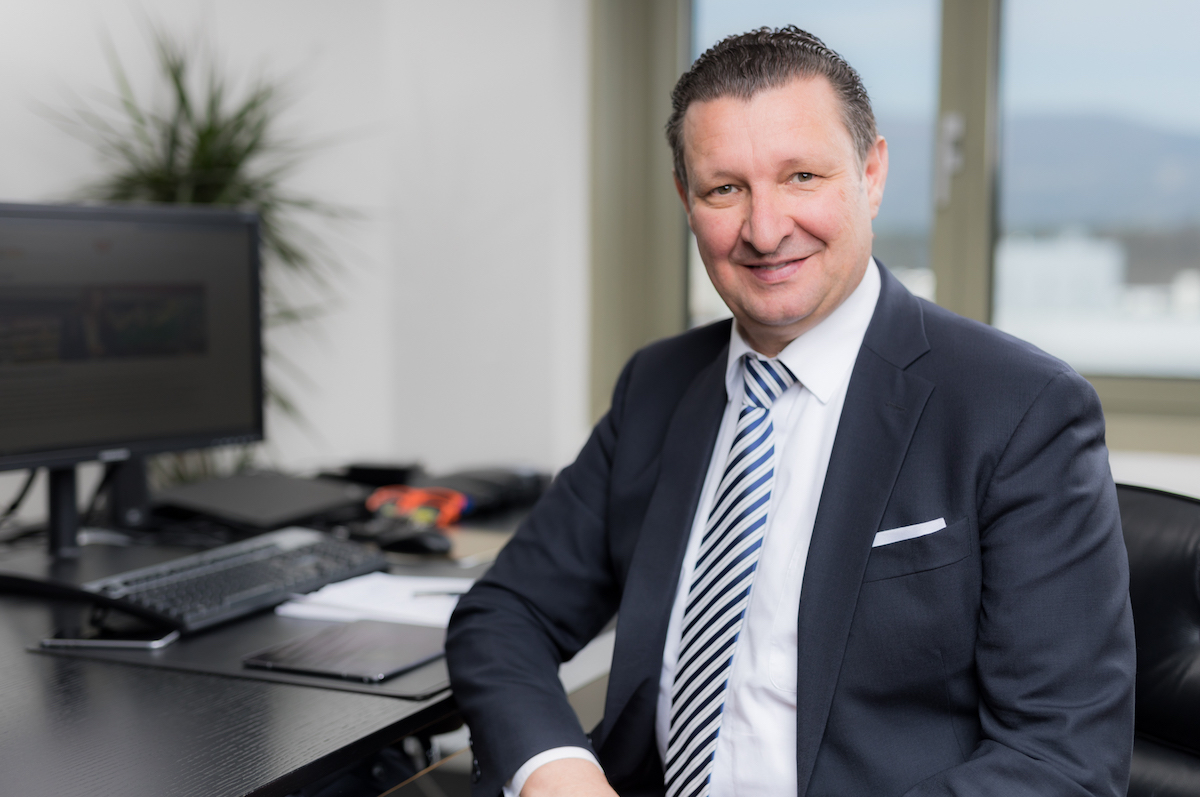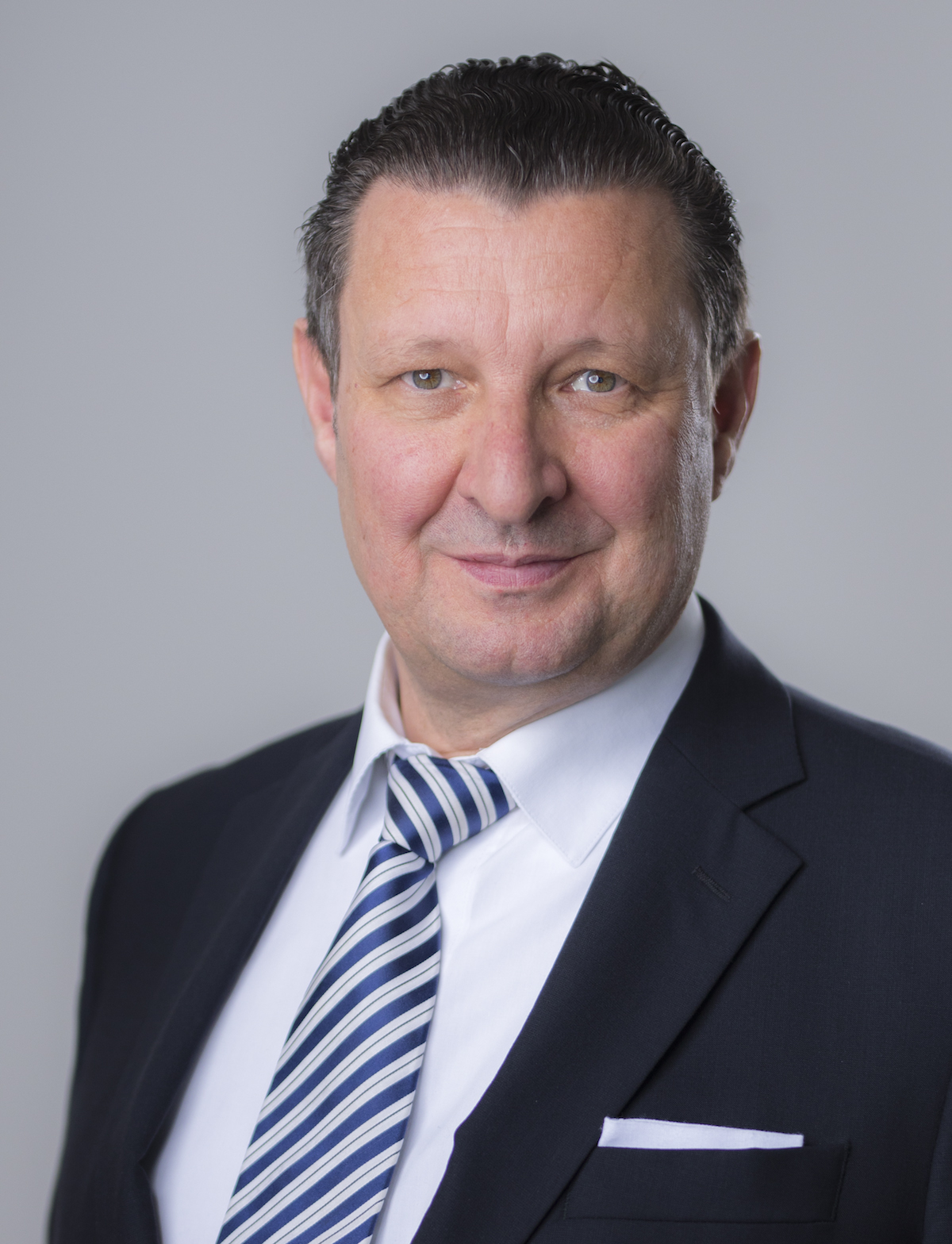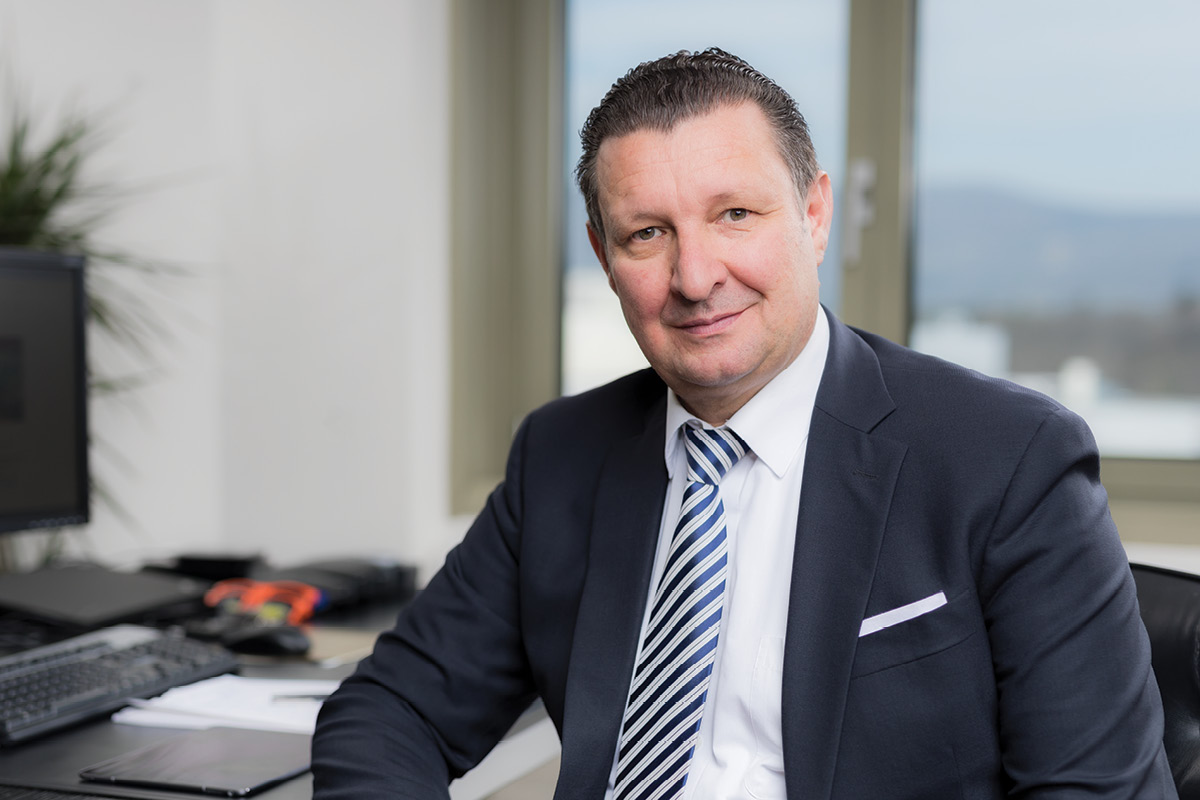Markus Laenzlinger has been CEO of Migrolino since 2000, but, as he explains, that role actually began the previous year.
“We started in 1999 and had a pilot phase of 2 years before we founded the company. We started with an initial convenience store within a station of the Swiss Federal Railways. The idea was to develop a portfolio of stores whose concepts were derived from the size of stations.”
The early years were difficult. “My biggest challenge was having to present a multimillion-franc loss in one of my first years with Migrolino, without losing the trust placed in me and my team,” Markus admits. “I think that was due to our policy of very transparent communication with all our stakeholders.”
Early on, the strategy guided itself, with some exceptions. “The strategy for large- and medium-sized railway stations became clear relatively quickly,” Markus explains. “It was just at small metropolitan stations, with attractive economic potential, that it wasn’t immediately clear what concept might inspire customers. On top of that, we had to plan for the imminent automation of rail operations and solutions to meet the needs of the local population when that occurred.”

The project team therefore decided to develop a convenience store with an extensive range of grocery and kiosk facilities, a café bar with catering facilities, and integrated ticket sales. This innovative concept was first launched in 1999 under the name ‘avec’. By the end of 2008, 104 of these stores had been created, and they also included petrol stations from 2005.
A joint venture
The shops were initially operated as a joint venture between SBB, Migros and Valora. In 2005 SBB left, and by 2009 the partnership was dissolved. The ‘avec’ trademark and a substantial share of the shops were then transferred to Valora, and Migrolino entered the business under its own trading name.
Markus says, “Establishing the joint venture was a challenge: bringing 3 different companies together, with completely divergent strategies around convenience stores, to form common objectives.” He then adds, “Dissolving that partnership after 8 years was equally challenging and raised a bundle of exciting new questions to be answered.”
Those questions included: “What must the future shop concept be like in order to stand out from the main competitors? How can it be positioned in the long term to achieve sustainable market share? What growth path do we need to follow to one day become the market leader?” Perhaps even more immediately acute was the question: “How can we motivate our current employees to start again from scratch, while also ensuring that we don’t impede the core business of Migros too much?”
Differentiating the brand
Alongside these questions about the future, there was also some catching up to be done. Markus saw a need to bring consistency to the concept after growing to 250 stores during 5 years of pure expansion: to align product ranges; understand the cultural and linguistic differences between customer bases; and standardise communication to the franchise partners. By 2018, Markus expects that all 310 shops currently in existence will be realigned.
The change in Swiss spending power has also hastened the need for differentiation of the brand. In January 2015, the purchasing power of each Swiss citizen went up by 20% overnight when a cap on francs against the euro was abandoned. Shopping in neighbouring countries therefore looked very attractive, and border-hopping to Germany and Italy became an option.
Initially this was focused largely on furniture and bigger items; today it also includes food and catering services. Convenience shops are now also feeling the impact, as fuel abroad has become considerably cheaper. To counter this, differentiating the Migrolino concept and clever pricing strategies on key product ranges has become essential.

My ambition is to … never rest, to beat our rivals, and to be a positive example for the convenience industry
Ultra-fresh
Migrolino has recently unveiled a new store concept: Go Future. As part of a new brand initiative, this will involve fresher, more food-related and more colourful product ranges, which will then be complemented by a second wave of technological improvements.
Markus explains the organisation’s other current areas of focus: “Making even better use of the market power and associated potential of our parent company, Migros; helping our franchise partners to achieve greater and sustainable profits; and ensuring that we continue to work extremely hard on the portfolio of locations in order to bring Migrolino closer to all consumers in Switzerland.”
However, he believes, it is the product range that really sets them apart from competitors: “These obviously include the unique products from Migros such as the chocolate specialities like Chocolat Frey; the excellent bread and bakery products of Jowa; the sustainability label products from our dairy- and cheese-processing enterprise, Elsa; and our meat and sausage range from Micarna. Alongside the product range is the unique Cumulus customer loyalty program from Migros. And finally, we will also be investing heavily over the coming months in our range of ultra-fresh products that are produced and delivered to our stores on a daily basis.”
3 keys for successful sites
Markus goes on to identify 3 key characteristics that the most successful sites share: excellent locations, a bespoke tailored product range for the customer base, and a top franchise partner with highly motivated employees. Markus has learned from his years running the company and has an almost humble approach to his role: “When a company has reached a certain size and your key personnel have repeatedly and actively supported you, in good times as well as bad, a CEO no longer makes decisions on his own. More specifically, I foster a culture of very open communication with my management team. For me, my role is to receive input and ideas, examine these once they have reached a certain stage of maturity, and then to study them until nothing more stands in the way of their implementation.”
Such a balanced approach within Migrolino does not dilute his ambition for external growth. “My ambition is to focus on fresher product with Migrolino, to never rest, to beat our rivals, and to be a positive example for the convenience industry.” And his personal goals are no less ambitious: “In my private life, I wish to realise my dream of sailing around the world,” he says. That will certainly take him a long way from the nearest convenience store.

